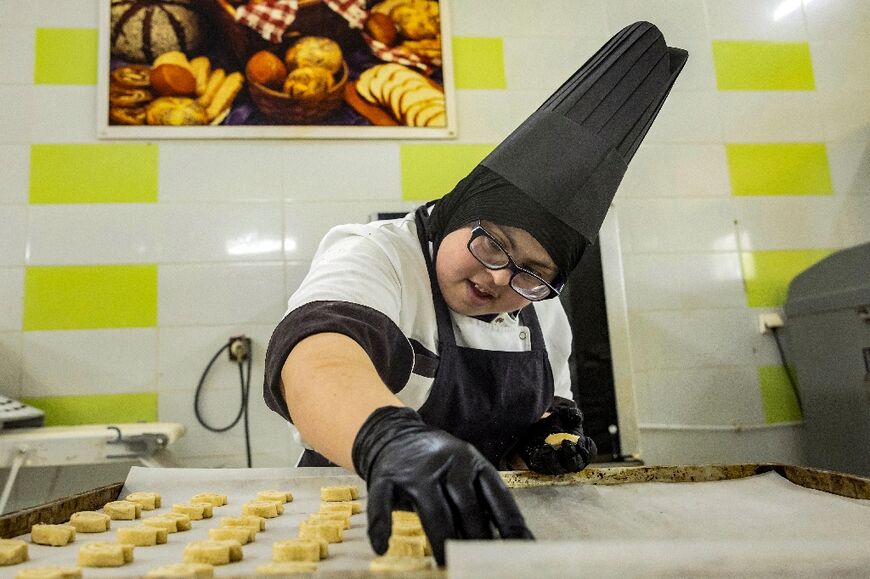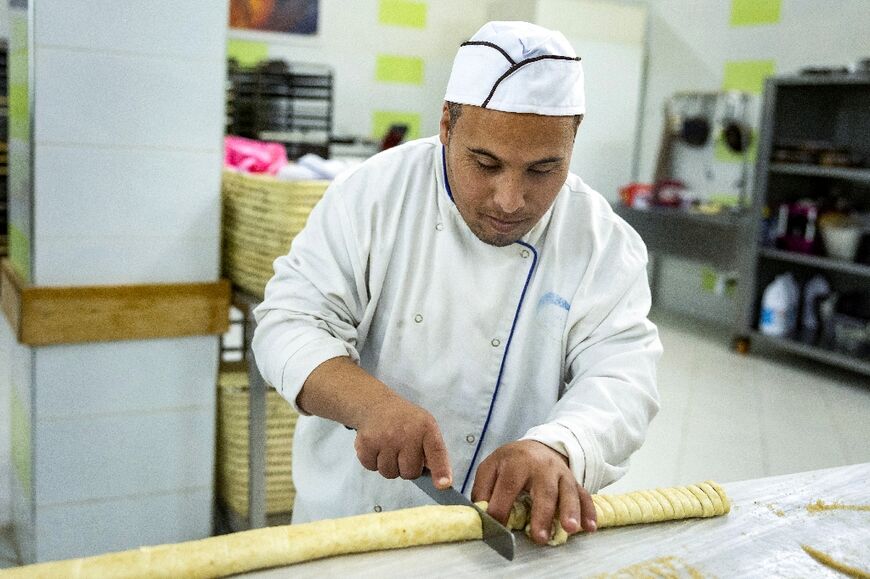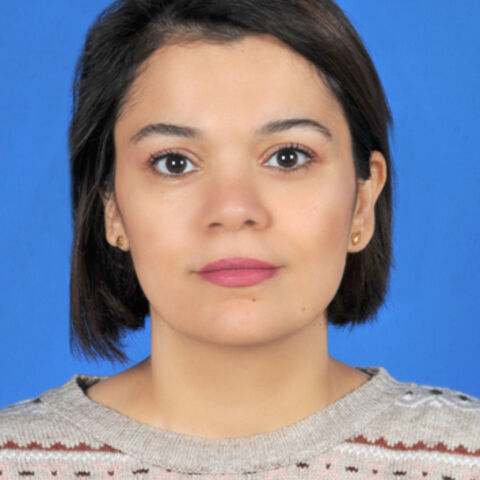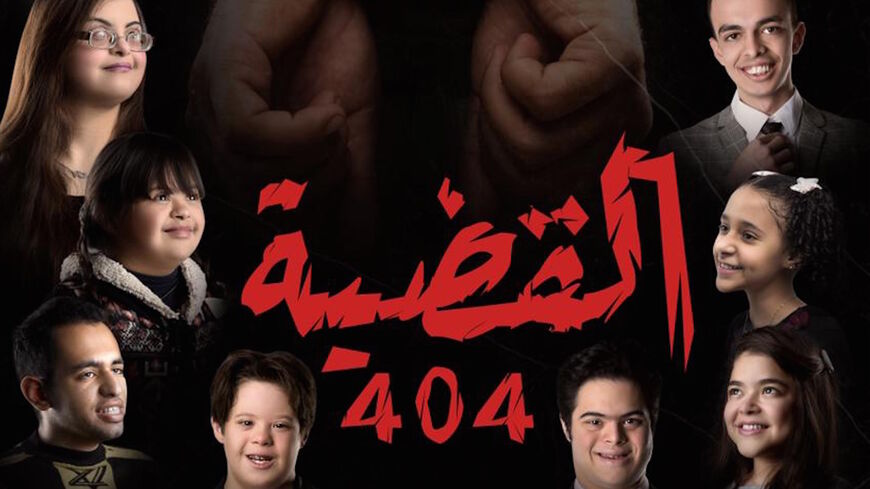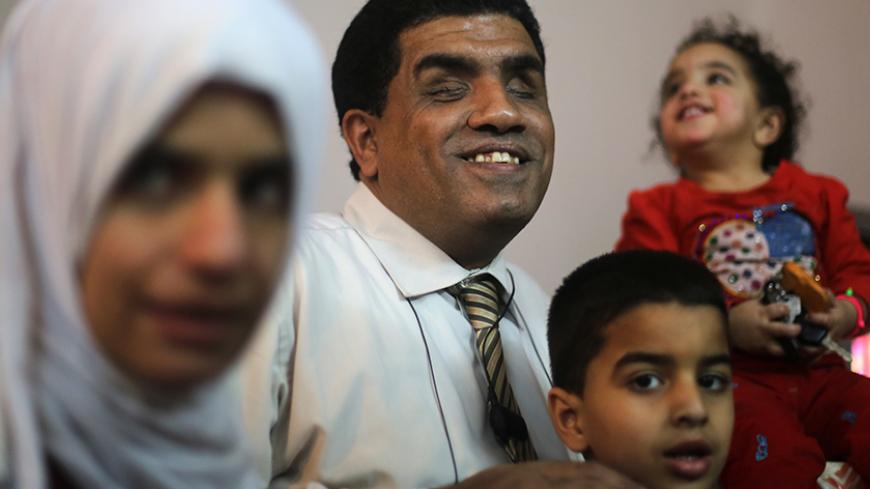Moroccan enterprises give jobs, hope to people with disabilities
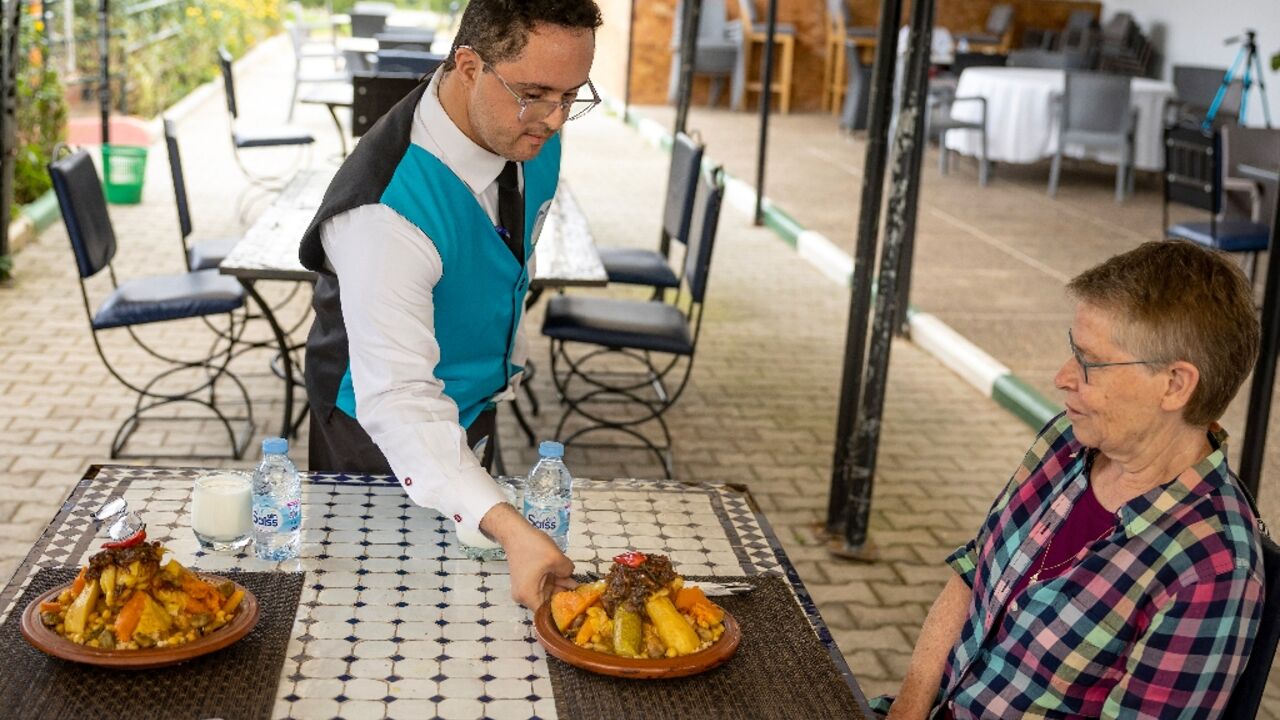
Fadoua Lamrani was elated when she was hired as a waitress at a restaurant in Morocco which employs people with mental disabilities.
The 33-year-old is among some 60 people with mental health conditions working at the eatery located on a farm and run by the Centre for Integration and Help through Work (CIAT).
"I was very happy when I was called to work here" in 2016, said Lamrani as she readied for the usual lunch service at the restaurant in Sale, a city near the capital Rabat.
Before then, she said, "I had been spending my days at home".
Funded by both public and private partners, CIAT aims to overcome social and cultural constraints to help people with disabilities into jobs they would usually find hard to obtain, Said Beqqal, head of the programme, told AFP.
Employers tend to be "afraid of hiring people with disabilities and of not knowing how to manage such situations", Beqqal added.
While some of the workers in Sale cook and work the tables, others attend to the field where the vegetables are grown or look after livestock with the help of supervisors.
The unemployment rate among people with disabilities in the North African country was near 48 percent in 2014, the latest publicly available figures from the national disability survey.
The Mohammed VI National Centre for People with Disabilities (CNMH) initiated in 2010 a programme to assist people with mental disabilities, who are most affected by unemployment.
The centre provides training in the hospitality, retail and agriculture sectors for people with disabilities.
Mohammed Hommani, who was enjoying a meal at the Sale restaurant, said "we came here because it's nice, and also because it's good to take part in initiatives like this one".
Working on the farm, 31-year-old Imad Moufid said enthusiastically that he has learnt to "grow all types of vegetables or fruits".
After an apprenticeship in agriculture and poultry farming at the CNMH, he can now financially help his mother, he said.
-'Change society's view'-
While Lamrani said she was still glad to be working at the restaurant, she also wanted to try her luck elsewhere, "like any other waitress in any other restaurant".
Her colleague, Ismail El Tabaa, 33, is even considering opening up his own restaurant.
Six other centres for people with disabilities have been launched since 2016, providing apprenticeships for 228 people. 42 of those trainees "have found positions in other companies", said Abdellatif Mouatadid, head of the CNMH.
In Temara, a city south of the capital, CIAT already manages another restaurant employing people with disabilities.
Additionally, it has been participating in job fairs and other public events to "spotlight" its employees, Beqqal said.
Yet these efforts "remain insufficient to meet the needs of people with mental disabilities nationwide", Beqqal added.
Dounia Zine El Abidine, a reservations manager at the Sale restaurant, said the goal is "to change society's view on disability", adding that "it's a challenge".


